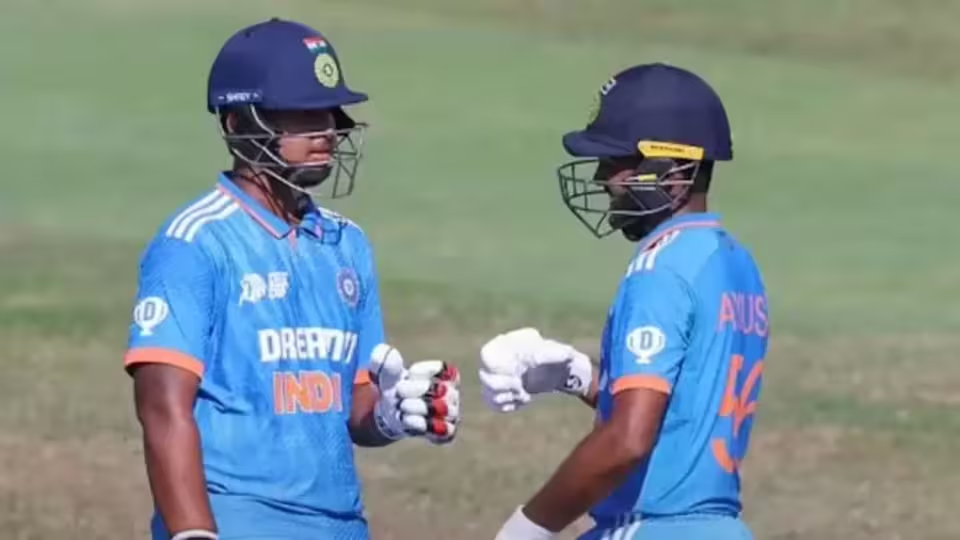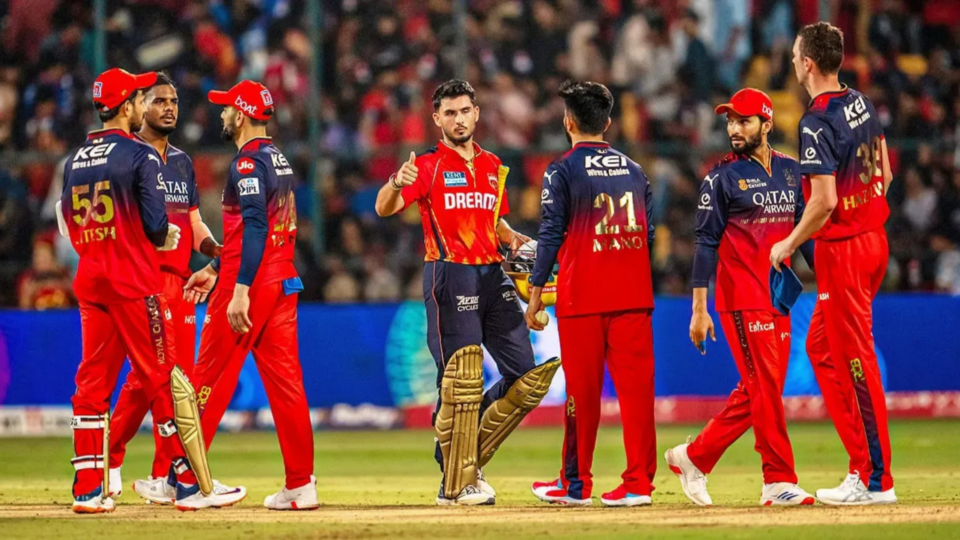
Do You Remember When Was The First Day-Night Test Played? Or Why It Uses Pink Ball?
The Eden Garden is all prepared to mark India’s debut to international day-night Test. Starting from November 22, both Bangladesh and India will be playing their first-ever day-night Test, in Kolkata, as we wonder what an amazing contest it would be.
However, for facts, this isn’t the first day/night test that Indian soil will witness. Interestingly, Eden Gardens was also the venue for the first pink-ball game. It was the Cricket Association of Bengal’s Super League final played between Mohun Bagan and Bhowanipore in 2016.
Pink Ball Challenges
While playing with a pink ball comes with its own set of challenges, it is also being seen as the future of Test cricket that obviously needs alterations.
Talking about challenges, the current Indian squad’s lack of experience with the pink ball is a challenge in itself. Further, extra lacquer on the ball, added with evening dew could also add to the woes of either side.
Moreover, BCCI would also have to ensure it has enough used pink balls to exchange them with worn-out balls post 40-50 overs or whenever required.
First-Ever Day-Night Test
The ICC had approved the day-night test back in the year 2012. However, the first International day-night test was only played from November 27, 2015, to December 1, 2015, between Australia and New Zealand at the Adelaide Oval.
The Test was won by Australia, which is the only team to have had never lost a day-night test.
Thereafter, Pakistan and West Indies locked horn in the second International day-night Test in Dubai from 13-17 October in 2016. To this day, only 11 day-night Tests have been played.
Why Is Pink Ball Used In Day-Night Test?
Unlike normal Tests, a day-night test is played with a pink ball because the night light floodlights come into play.
The red ball takes on a brownish colour under yellow floodlights making it difficult to spot the ball against the colour of the pitch. However, a pink ball stands out, has better visibility and also deteriorates more slowly.
Timings
The first-ever International day-night test in India will start at 1.00 PM IST and end by 8.00 PM to counter the dew. The first interval will be at 3:00 PM IST and the second session will resume at 3:40 PM IST. Tea will be taken at 5.40 PM.



